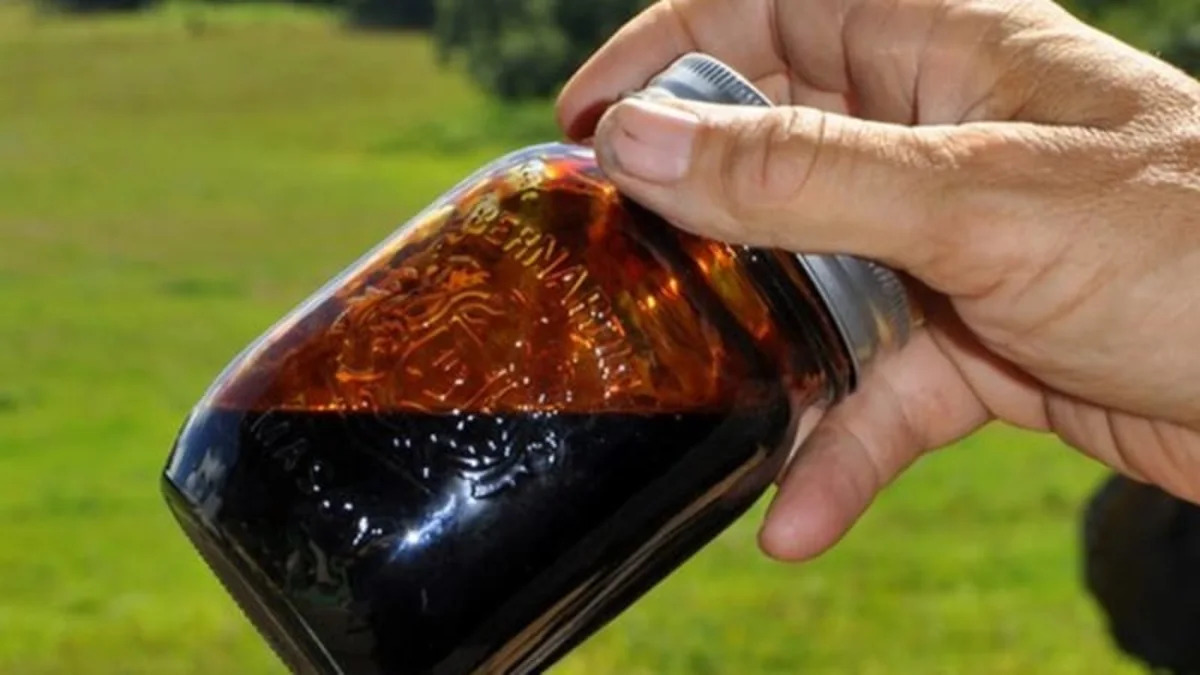The fight to be the most popular fuel for commercial trucks wages on between the natural gas and clean diesel factions, with alt-player biodiesel joining forces with the Diesel Technology Forum team. The National Biodiesel Board joined up with the forum to improve diesel's reputation in Washington, and beyond, at a time when natural gas is gaining support.
NBB is made up of 260 biodiesel producers that are on a mission to bring the alternative fuel to the nation as an additive to diesel (similar to ethanol in E10 and E15), and as its own alternative fuel available at a limited number of fuel stations. Joining the DTF will help the industry "fight for clean diesel technology," the groups said.
The Diesel Technology Forum is a non-profit organization supported by BP, General Motors, Chrysler, Ford, Mazda, Volvo and Volkswagen. German automakers have been selling a lot more diesel-powered vehicles in the US, recently and other automakers are making plans to add diesel engines to their product lineups.
For fleets looking to buy more medium-duty and heavy-duty trucks, natural gas is becoming popular due to its domestic production and cheaper pricing. Natural gas has been costing users 30 percent to 40 percent less in fuel costs for the energy equivalent of diesel.
Natural gas providers, and makers of natural gas vehicles, are benefitting from the trend where recent booms in production has brought natural gas prices to their lowest levels in 10 years. While prices have fluctuated quite a lot, producers says that supplies will remain high for years because of shale drilling and hydraulic fracturing (also known as "fracking").
The fracking issue is one likely to come up in the debate over which alternative fuel is the cleanest and safest way to go. Biodiesel advocates are sure to mention it in Washington, along with the US Environmental Protection agency recently implementing a 28-pecent increase in the amount of biodiesel mandated in 2013 as part of compliance with the 2007 Renewable Fuels Act.
As for clean diesel, DTF technical director Steve Howell emphasized the fuel's ultra-low-sulfur biodiesel blends, strong fuel economy ratings, horsepower and durability. Biodiesel combines a low-carbon fuel with the increased fuel efficiency of new technology diesel engines, which means that it's well positioned to be the "clean – and green – technology of the future," he said.
NBB is made up of 260 biodiesel producers that are on a mission to bring the alternative fuel to the nation as an additive to diesel (similar to ethanol in E10 and E15), and as its own alternative fuel available at a limited number of fuel stations. Joining the DTF will help the industry "fight for clean diesel technology," the groups said.
The Diesel Technology Forum is a non-profit organization supported by BP, General Motors, Chrysler, Ford, Mazda, Volvo and Volkswagen. German automakers have been selling a lot more diesel-powered vehicles in the US, recently and other automakers are making plans to add diesel engines to their product lineups.
For fleets looking to buy more medium-duty and heavy-duty trucks, natural gas is becoming popular due to its domestic production and cheaper pricing. Natural gas has been costing users 30 percent to 40 percent less in fuel costs for the energy equivalent of diesel.
Natural gas providers, and makers of natural gas vehicles, are benefitting from the trend where recent booms in production has brought natural gas prices to their lowest levels in 10 years. While prices have fluctuated quite a lot, producers says that supplies will remain high for years because of shale drilling and hydraulic fracturing (also known as "fracking").
The fracking issue is one likely to come up in the debate over which alternative fuel is the cleanest and safest way to go. Biodiesel advocates are sure to mention it in Washington, along with the US Environmental Protection agency recently implementing a 28-pecent increase in the amount of biodiesel mandated in 2013 as part of compliance with the 2007 Renewable Fuels Act.
As for clean diesel, DTF technical director Steve Howell emphasized the fuel's ultra-low-sulfur biodiesel blends, strong fuel economy ratings, horsepower and durability. Biodiesel combines a low-carbon fuel with the increased fuel efficiency of new technology diesel engines, which means that it's well positioned to be the "clean – and green – technology of the future," he said.


Sign in to post
Please sign in to leave a comment.
Continue